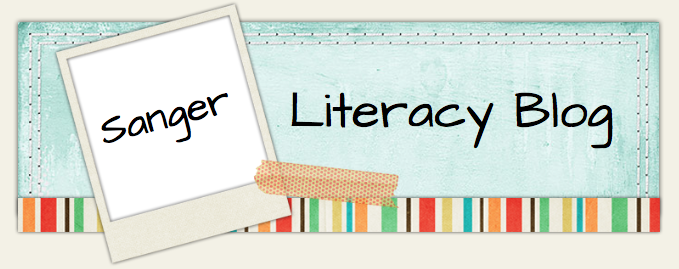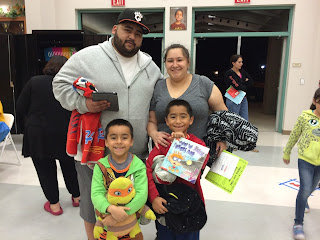Celebrate National Poetry Month!
Today marks the 20th anniversary of National Poetry Month! National Poetry Month is the largest literary celebration in the world, with millions of readers, students, teachers, librarians, booksellers, publishers, bloggers, and poets marking poetry’s important place in our culture and lives. The Academy of American Poets founded National Poetry Month in April 1996 with an aim to encourage the reading of poems and assist teachers in bringing poetry into their classrooms.
There are many ways to participate in National Poetry Month. Here are just a few:
- Visit your school or public library to check out poetry books
- Set up a poetry display in your classroom
- Use poems to teach foundational skills, fluency, critical thinking, vocabulary, spelling patterns, rhyming words, etc.
- Visit teaching websites for National Poetry Month resources such as Read Write Think, Reading Rockets, or Scholastic
- Invite students to visit popular poetry websites like Giggle Poetry, Jack Prelutsky, Shel Silverstein, and Kenn Nesbitt's Poetry 4 Kids
- Sign up for Poem a Day
- Participate in National Poem in Your Pocket Day on April 21, 2016
- Participate in The Great Poetry Race (example letter for parents)
- Invite students in grades 5 and up to write letters in response to poems at Dear Poet
- See where poetry fits into your grade-level standards using the following EdWeek Article: When Poetry Meets the Common Core, Poetry Text Exemplars by Grade, or the College and Career Readiness anchor standards below
To build a foundation for college and career readiness, students must read widely and deeply from among a broad range of high-quality, increasingly challenging literary and informational texts. Poetry, poetic language, and poetry terminology are specifically mentioned in all grades. There are also anchor standards in Language, Speaking and Listening, and Writing that lend themselves to the use of poetry. The ELA College and Career Readiness anchor standards (in parentheses) call upon students to be able to:
• Make inferences (1).
• Cite specific textual evidence to support conclusions and answers (1).
• Determine and analyze the theme of a text (2).
• Analyze the way ideas develop over the course of a text (3).
• Interpret words and phrases (4).
• Analyze connotative and figurative meanings of words (4).
• Analyze how word choice shapes a text (4).
• Analyze the structure of a text (5).
• Assess how point of view shapes a text (6).
• Analyze how two texts address the same theme (9).




